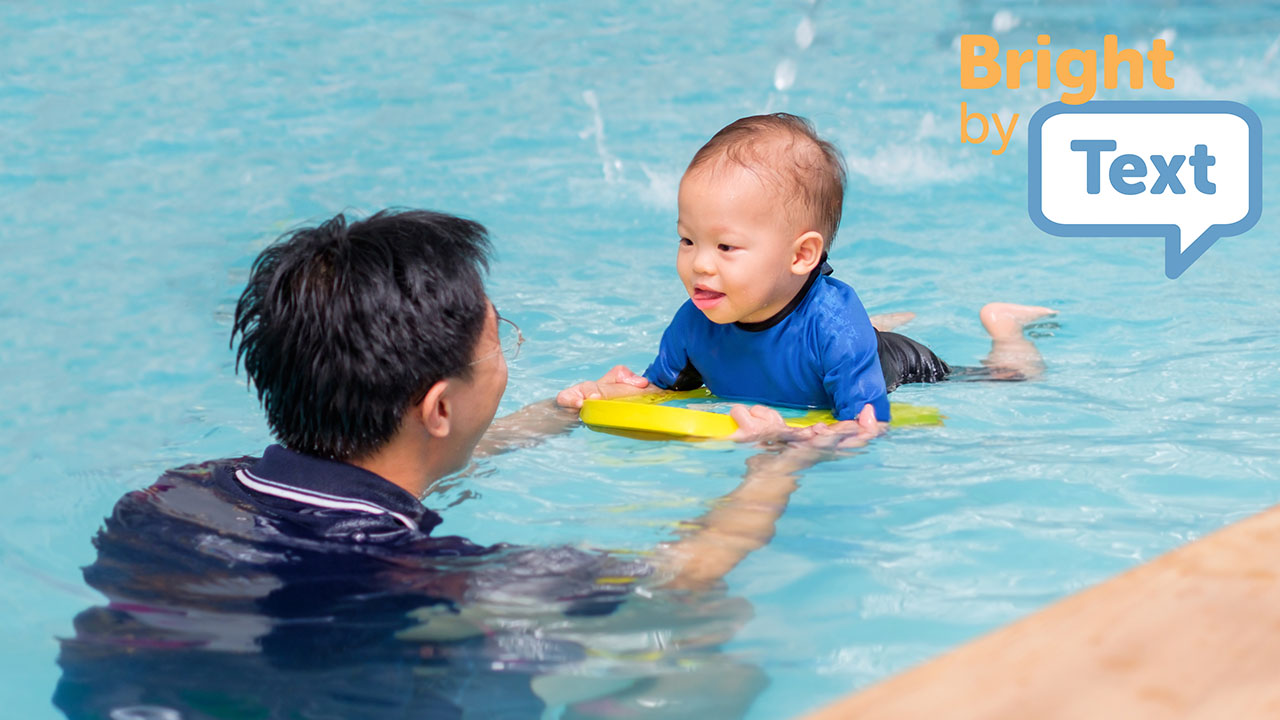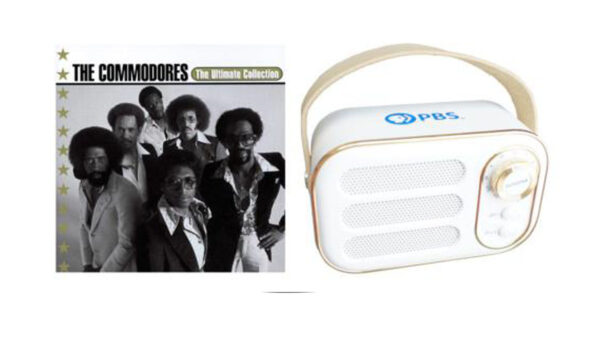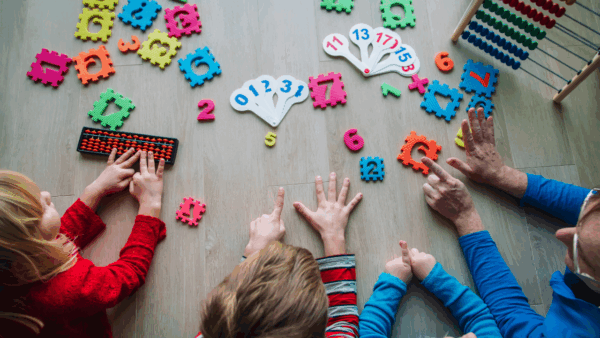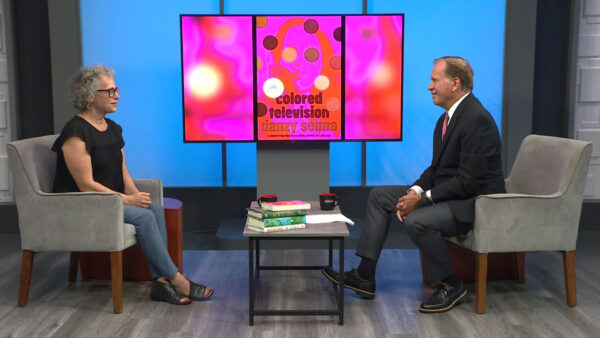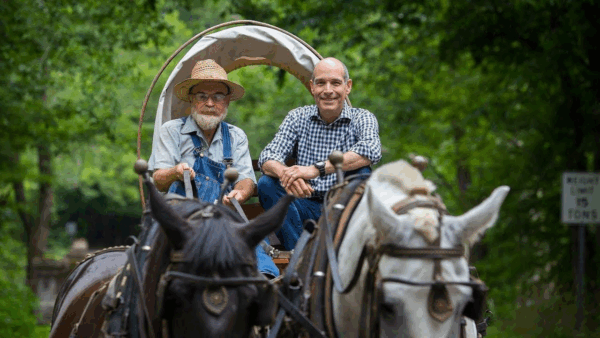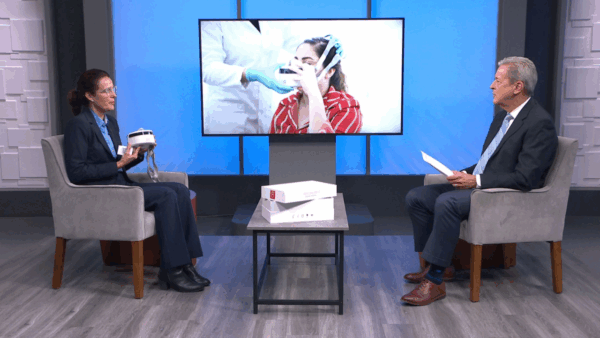Arizona PBS Educational Outreach is generously supported by

Little ones love to explore. They learn about the world by exploring the objects and places around them. They touch things, they taste things, they walk into things, they jump off of things – all kinds of exploration. That mean parents are busy keeping them safe!
The National Safety Council has declared June to be National Safety Month as a way of increasing awareness about child safety and safety guidelines. Review the guidelines so you know what to watch for and how to pay attention to safety for kids of all ages.
Prenatal:
- As you prepare for your baby, be sure they will have a safe place to sleep. Sudden Infant Death Syndrome (SIDS) is the leading cause of death in infants between 1 month and 1 year of age. Following the American Academy of Pediatrics (AAP) Safe Sleep guidelines are an important step to reducing these risks.
0-6 Months:
- Newborns cry a lot, but some can be harder to comfort than others. If you feel yourself getting frustrated, lay the baby down in a safe place and leave the room to take a few deep breaths, or call a family member of friend. Never shake a baby! You can also call the Fussy Baby Network at 1-877-627-9227 for support and information about ways to calm the baby.
- Practice tummy time with baby. Tummy time while babies are awake is important for the development of their neck and shoulder muscles. The AAP recommends doing tummy time for three-five minutes at a time two-three times a day.
6-12 Months
- Baby-proof and supervise your child. As baby becomes more mobile, baby-proofing your home is important to give your child a safe place to explore, but nothing can substitute for your attention. Always supervise your baby to ensure their safety.
- Make sure your baby fits in their car seat. As baby grows, it might be time a for a new car seat. The AAP recommends babies remain rear facing until they are two.
1-5 Years
- Watch children carefully around water. Children can drown in less than two inches of water. Stay within an arm’s length of your child when around water. Empty buckets after use, and close the door to the bathroom when not in use.
- Don’t depend on pool toys as flotation devices; they are not designed to save lives. Use approved lifesaving devices such as life jackets.
- Know the ABC’s of water safety – Adult supervision, Barriers to water and Classes for swimming and CPR.
- Make sure your child wears a helmet when on a bike, trike, skates or scooter. Helmets prevent head injuries when they fit properly and are worn consistently.
All Ages
- Stay safe around water this summer by assigning a Water Watcher. Ask them to put away distractions, including mobile phones, and have them take turns being on watch.
- When swimming in a backyard pool, make sure the assigned Water Watchers know the address of the home in case they need to call 9-1-1 for an emergency.
- If you see a downed power line, stay at least 100 feet away. Electricity can travel through the ground.
- DO NOT touch downed power lines or try to move them.
- Never leave your child alone in the car. Children have died from being too hot in the car in outside temperatures as low at 60 degrees. Cracking the windows doesn’t help. Cars can reach 125 degrees in just minutes.
- Use sunscreen every time your child is in the sun – even if it’s cloudy and cool. Just one bad, blistering sunburn in childhood more than doubles a person’s chances of developing deadly skin cancer (melanoma) later in life.
Find more water and electrical safety tips at SRPnet.com.
Get more parenting tips, games, and other resources, based on the age of your child, sent right to your cell phone 2-5 times a week for free with Bright by Text. Text ARIZONAPBS to 274448 to sign up.
Message and data rates may apply. Text STOP to 274448 to stop. Text HELP to 274448 for help.
